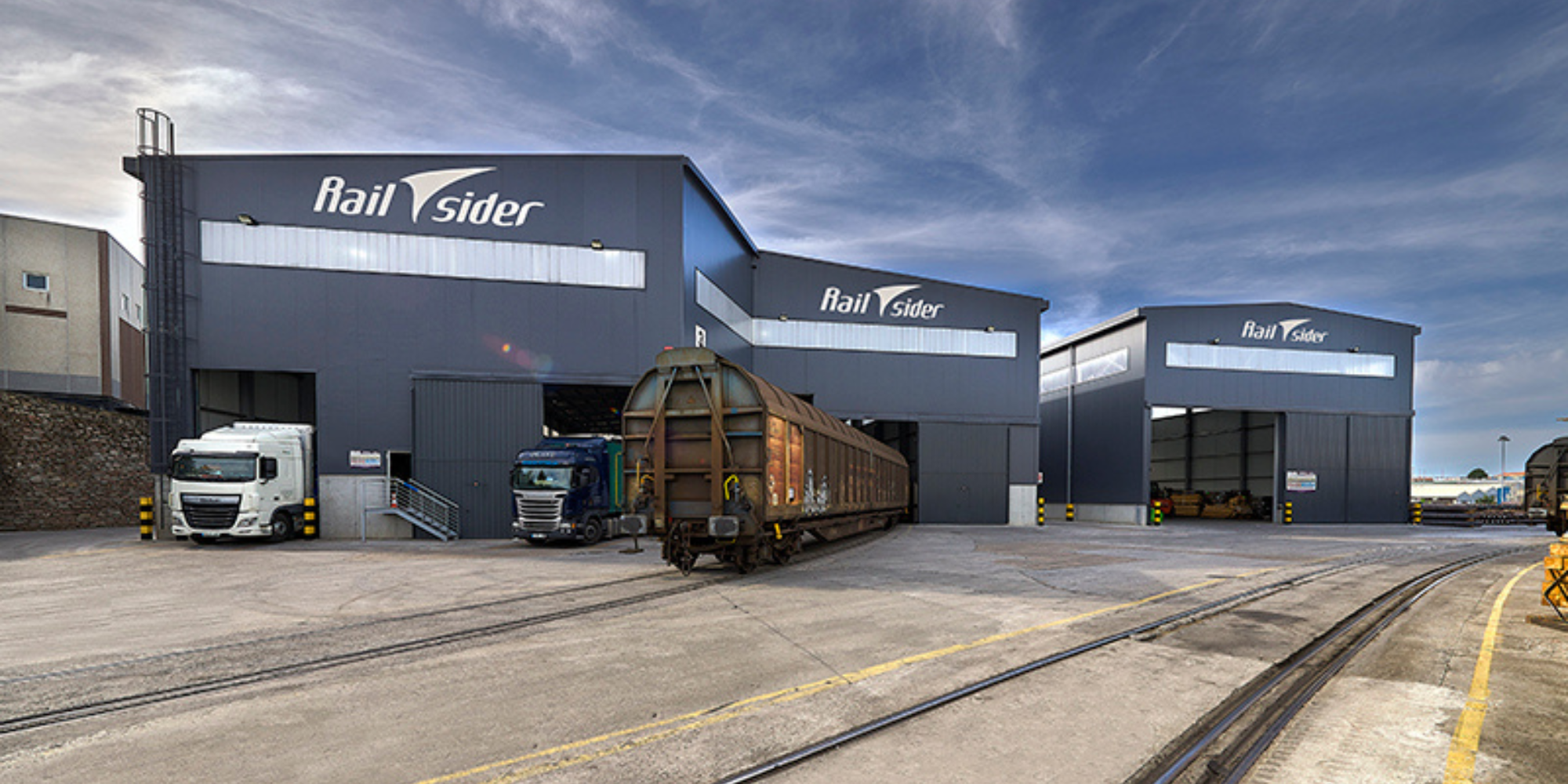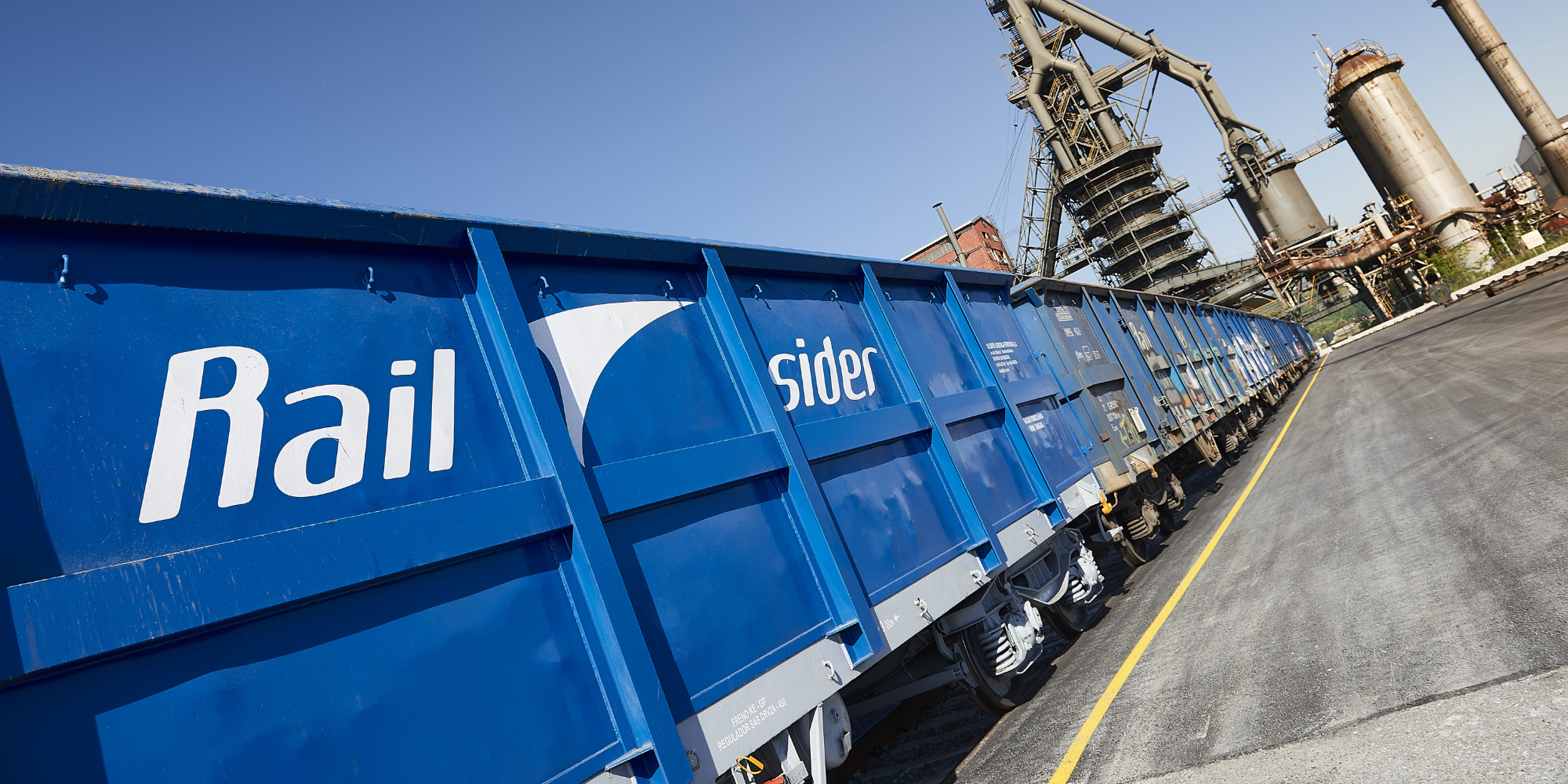Rail logistics is emerging as an essential component in the complex framework of the supply chain, especially in a market as dynamic as the Spanish one.
As Spain is strategically located between Europe and Africa, rail transport has become a key element in the efficiency and competitiveness of its supply chain.
Efficiency and Sustainability: Pillars of Rail Logistics
In a world that is increasingly focusing on sustainability, rail transport provides an attractive alternative. Compared to other modes of transport, such as road transport, trains are considerably more efficient in terms of energy consumption and carbon emissions. This not only contributes to a smaller environmental footprint, but can also result in significant cost reductions for companies.
In the context of Spain, where concerns about climate change and sustainability are on the rise, rail logistics is a particularly attractive option. Moreover, rail transport makes it possible to move large volumes of cargo efficiently over considerably long distances, which undoubtedly makes it the best option for distributing goods across the peninsula.

Integration into the Spanish Supply Chain
Rail logistics has been integrated into the Spanish supply chain in an effective way, complementing other modes of transport such as road and maritime transport. The Spanish railway network spans the entire country, and connects major production and consumption centres. This connectivity is a key factor in ensuring that goods are distributed efficiently all over the country, as well as providing a link between the Spanish market and the rest of Europe.
Furthermore, interoperability between the different modes of transport has improved significantly in recent years, thereby making it easier to integrate rail logistics into the supply chain. This is reflected in initiatives such as the Atlantic Corridor and the Mediterranean Corridor, which seek to optimise goods transport between the north and south of Spain, and with the rest of Europe.
Challenges and Future Opportunities for Rail Logistics in Europe
Despite the progress made, rail logistics in Spain still faces significant challenges. Rail infrastructure requires continuous investment to modernise and improve network capacity. Digitalisation is also playing a crucial role in optimising rail logistics, providing greater visibility and control over the flow of goods.
However, these challenges also present opportunities for growth and innovation in the sector. Investment in rail infrastructure will not only improve operational efficiency, but also open up new possibilities for expanding rail freight. The development of technologies such as the internet of things (IoT) and artificial intelligence (AI) also has the potential to radically transform the way logistics operations are managed and operated.

Rail logistics undoubtedly plays a key role in optimising the supply chain within the Spanish market. Its efficiency, sustainability and ability to move large volumes of freight make it an attractive option for companies seeking to improve their competitiveness and reduce their environmental footprint. While there are challenges to overcome, the future of rail logistics in Spain looks bright, with opportunities for growth and innovation that will further drive efficiency and integration into the supply chain.
